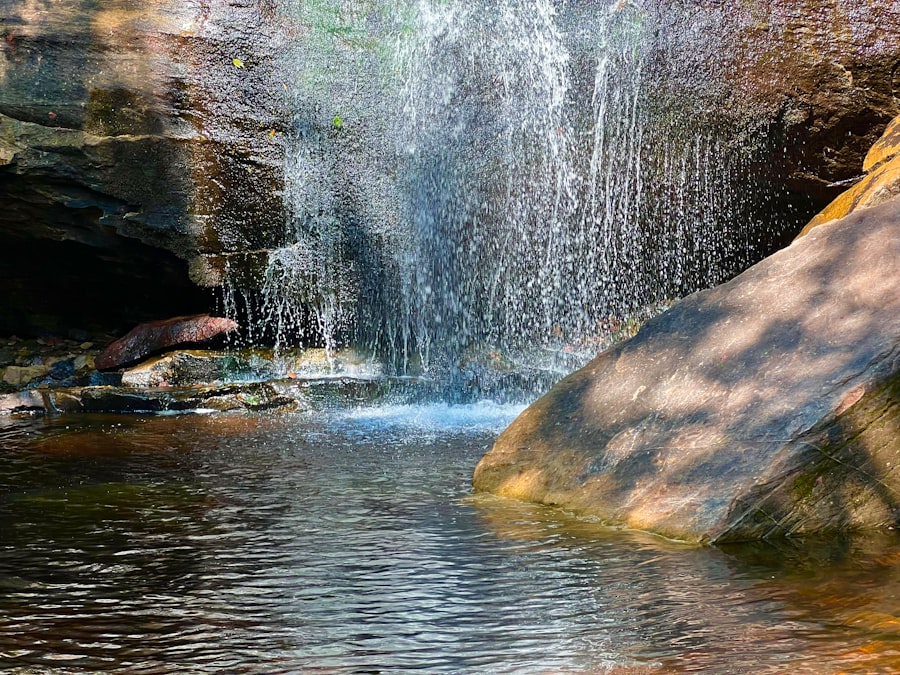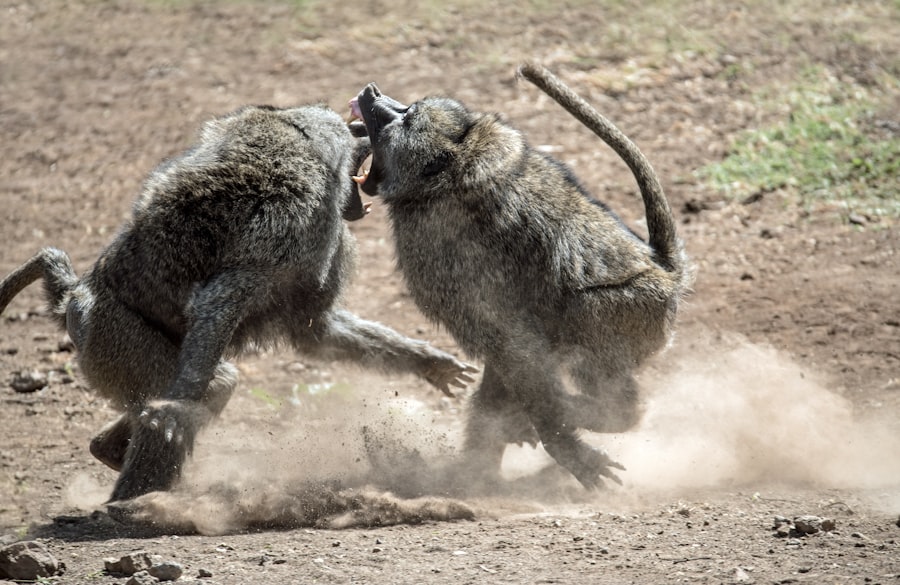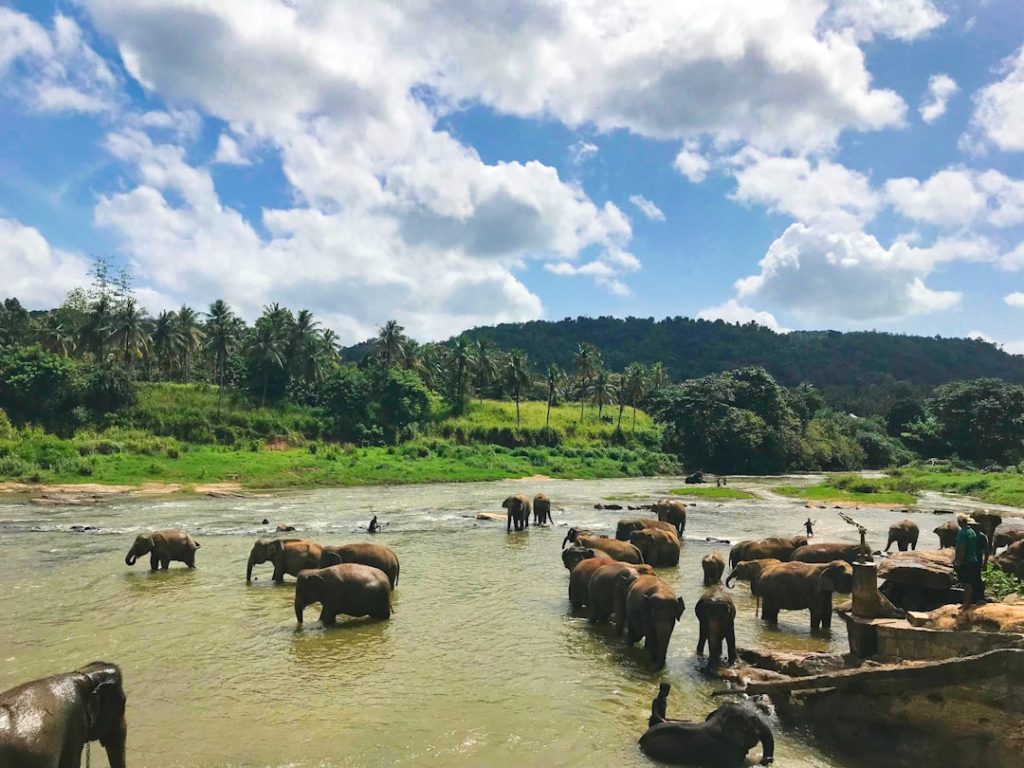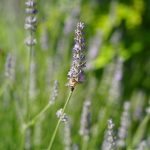Maintaining a cool body temperature is crucial for the health and survival of all living organisms, including humans and animals. Elevated body temperatures can result in heat stress, dehydration, and potentially life-threatening conditions like heat stroke. Animals with fur or feathers face particular challenges in regulating their body temperature, making it essential for their well-being to stay cool.
Overheating in animals can negatively impact their overall health, productivity, and in severe cases, lead to death. Therefore, understanding the importance of temperature regulation is vital for animal welfare. In the animal kingdom, maintaining a stable body temperature is essential for various physiological processes.
Birds and mammals, for instance, have a narrow range of optimal body temperatures for their metabolic functions. As ambient temperatures rise, animals must find ways to dissipate excess heat to prevent overheating. Failure to do so can result in numerous health issues, including heat stress, reduced feed intake, decreased milk production in dairy cows, and impaired fertility in some species.
Animal owners and caretakers must be aware of the signs of heat stress in their animals and take proactive measures to help them maintain a comfortable body temperature.
Table of Contents
Key Takeaways
- Keeping cool is crucial for the well-being of animals, especially in hot climates
- Natural cooling methods such as finding shade, dust bathing, spreading wings, panting, and seeking water sources are essential for animals to regulate their body temperature
- Finding shade helps animals to escape direct sunlight and reduce their body temperature
- Dust bathing is a natural behavior that helps animals to remove excess oil and dirt from their feathers or fur, which can help them stay cool
- Spreading wings, panting, and seeking water sources are all effective ways for animals to cool down when the temperature rises
Natural Cooling Methods
Finding Shade
One of the most common natural cooling methods used by animals is finding shade. Seeking shelter under trees, bushes, or man-made structures helps animals escape direct sunlight and reduce their exposure to heat. Additionally, finding shade allows animals to lower their body temperature and rest during the hottest parts of the day.
Dust Bathing
Another natural cooling method used by animals is dust bathing. This behavior is commonly observed in birds and some mammals, such as pigs and wallowing animals like buffalo and rhinoceroses. Dust bathing involves rolling in dry soil or dust, which helps animals remove excess oil, dirt, and parasites from their skin and feathers. Additionally, dust bathing can help animals cool down by creating a layer of dust on their skin or feathers that acts as insulation against the sun’s heat.
Other Natural Cooling Methods
Apart from finding shade and dust bathing, animals have developed other natural cooling methods to regulate their body temperature. These methods vary depending on the species, but they all play a vital role in helping animals survive in hot climates and during periods of high temperatures.
Finding Shade

Finding shade is one of the most effective ways for animals to keep cool in hot weather. Shade provides relief from direct sunlight and reduces the risk of overheating. Animals instinctively seek out shady areas during the hottest parts of the day to lower their body temperature and rest.
In natural environments, animals may find shade under trees, bushes, or rock formations. In agricultural settings, providing adequate shade for livestock is essential for their welfare and productivity. Shade not only helps animals stay cool but also reduces their stress levels and improves their overall well-being.
In addition to natural shade sources, animal caretakers can also create artificial shade structures to provide relief from the sun. This can include building shelters, installing shade cloth or tarps, or using natural windbreaks to create shaded areas for animals to rest and cool down. By ensuring access to shade, animal owners can help their animals cope with high temperatures and reduce the risk of heat-related health issues.
Dust Bathing
Dust bathing is a natural behavior exhibited by many animals as a way to keep cool and maintain hygiene. Birds, in particular, are known for their dust bathing behavior, which involves rolling in dry soil or dust to clean their feathers and remove excess oil and parasites. Dust bathing also helps birds regulate their body temperature by creating a layer of dust on their feathers that acts as insulation against the sun’s heat.
In addition to birds, some mammals also engage in dust bathing as a way to keep cool and maintain skin health. Pigs, for example, are known to wallow in mud as a way to cool down and protect their skin from sunburn. Wallowing in mud not only helps pigs regulate their body temperature but also provides relief from insect bites and skin irritation.
For animal caretakers, providing access to suitable dust bathing areas is essential for the welfare of their animals, especially during hot weather.
Spreading Wings
Birds have evolved various mechanisms to regulate their body temperature and keep cool in hot weather. One of the most fascinating behaviors exhibited by birds is spreading their wings to dissipate heat. When birds spread their wings, it increases the surface area exposed to the air, allowing for more efficient heat loss through evaporation.
This behavior is commonly observed in birds of prey, such as eagles and vultures, as well as large ground-dwelling birds like ostriches. Spreading wings not only helps birds stay cool but also allows them to regulate their body temperature during periods of high heat stress. By increasing airflow over their bodies, birds can lower their body temperature and prevent overheating.
For bird owners and caretakers, providing adequate space for birds to spread their wings and engage in natural behaviors is essential for their welfare and well-being.
Panting

How Panting Helps Animals Cool Down
Panting helps animals cool down by increasing airflow over their respiratory surfaces, allowing for more efficient heat loss. This process is essential for maintaining a stable body temperature, especially during periods of high heat stress.
Recognizing the Signs of Panting
For animal owners and caretakers, recognizing the signs of panting in their animals is crucial for identifying when they may be experiencing heat stress. By being aware of these signs, owners can take necessary measures to provide their animals with the necessary care and attention to prevent heat-related health issues.
Providing access to shade, water, and other cooling methods can help animals cope with hot weather and prevent heat-related health issues. By taking these precautions, animal owners and caretakers can ensure the health and well-being of their animals during the hot summer months.
Seeking Water sources
Access to water is essential for animals to stay cool and hydrated during hot weather. Water plays a crucial role in regulating body temperature through evaporative cooling and maintaining overall health and well-being. Animals need access to clean and fresh water sources to drink and engage in behaviors such as wading or swimming to cool down.
In natural environments, animals may seek out rivers, lakes, or ponds to access water for drinking and cooling purposes. In agricultural settings, providing access to water troughs or other water sources is essential for the welfare of livestock and other domesticated animals. Animal caretakers should ensure that water sources are clean, plentiful, and easily accessible to help animals cope with high temperatures and prevent dehydration and heat stress.
In conclusion, understanding the importance of keeping cool is crucial for the welfare of animals in hot weather. By implementing natural cooling methods such as finding shade, dust bathing, spreading wings, panting, and seeking water sources, animal owners can help their animals stay cool and healthy during periods of high heat stress. Providing access to these cooling methods is essential for ensuring the well-being and productivity of animals in various environments.
If you’re interested in learning more about how chickens keep themselves cool, you should check out the article on Poultry Wizard’s website titled “How to Keep Chickens Cool with a Chicken Coop Trampoline”. This article provides helpful tips on creating a comfortable and cool environment for your chickens during hot weather. It’s a great resource for anyone looking to ensure the well-being of their feathered friends.
FAQs
What are some natural ways that chickens keep themselves cool?
Chickens keep themselves cool by finding shade, dust bathing, and spreading their wings to increase air circulation.
Do chickens sweat to keep cool?
No, chickens do not sweat. They do not have sweat glands like humans do. Instead, they regulate their body temperature through other methods such as panting and finding shade.
How does dust bathing help chickens stay cool?
Dust bathing helps chickens stay cool by allowing them to coat their feathers with dust, which acts as insulation and helps to keep them cool. It also helps to remove excess oil and parasites from their feathers.
What role does shade play in keeping chickens cool?
Shade is essential for chickens to keep cool, as it provides relief from direct sunlight and helps to lower their body temperature. Chickens will seek out shade during the hottest parts of the day to avoid overheating.
How do chickens regulate their body temperature in hot weather?
Chickens regulate their body temperature in hot weather by panting, spreading their wings, finding shade, and dust bathing. These behaviors help them to stay cool and avoid heat stress.
Meet Walter, the feathered-friend fanatic of Florida! Nestled in the sunshine state, Walter struts through life with his feathered companions, clucking his way to happiness. With a coop that’s fancier than a five-star hotel, he’s the Don Juan of the chicken world. When he’s not teaching his hens to do the cha-cha, you’ll find him in a heated debate with his prized rooster, Sir Clucks-a-Lot. Walter’s poultry passion is no yolk; he’s the sunny-side-up guy you never knew you needed in your flock of friends!







